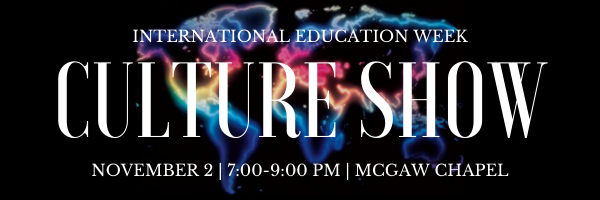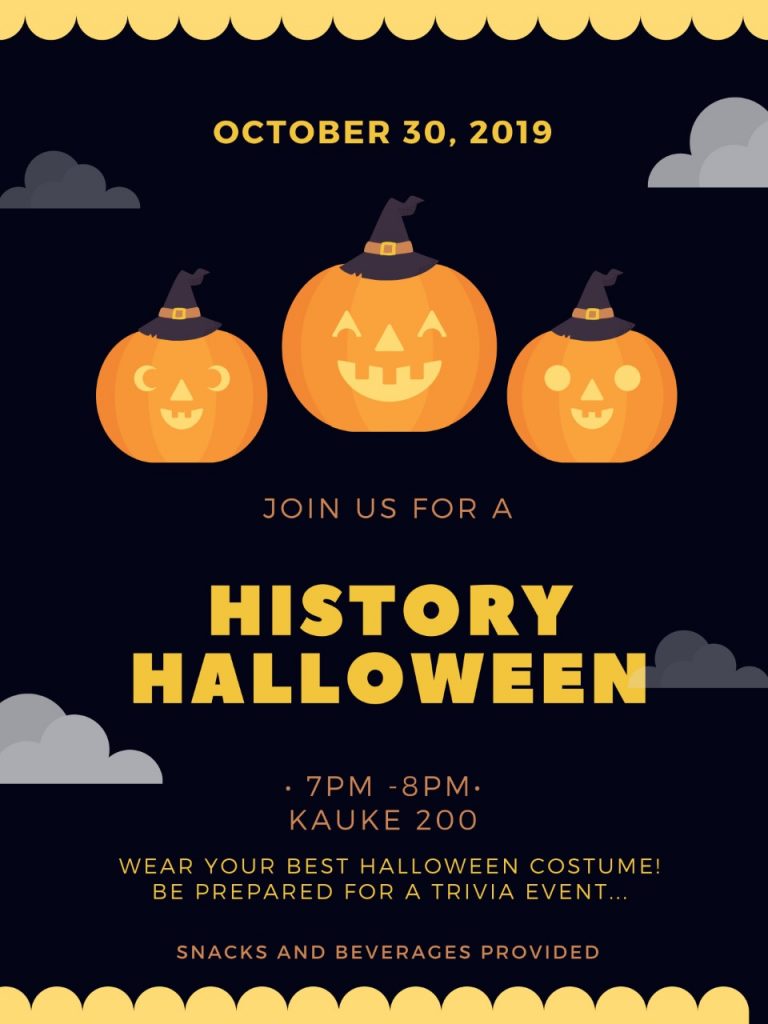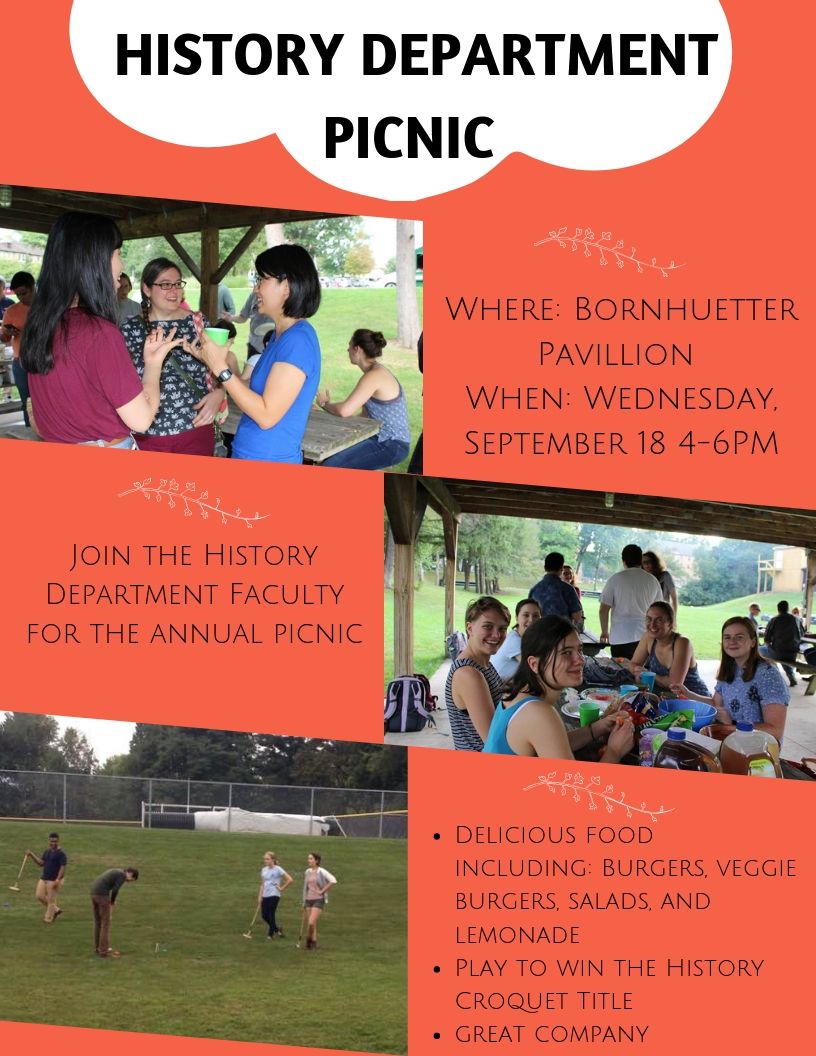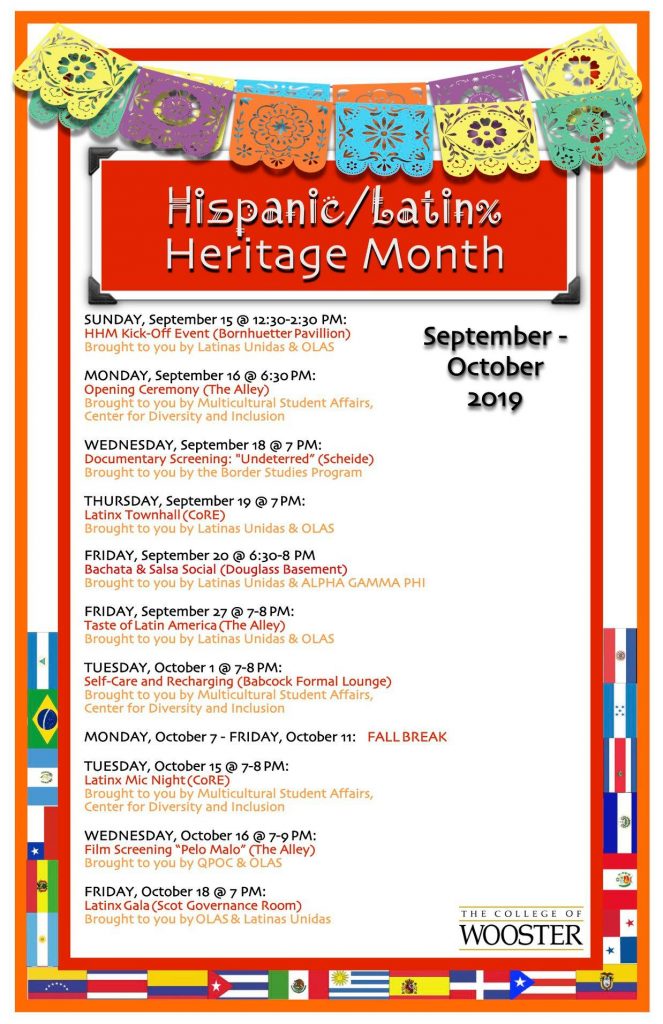I write to share an announcement from Dr. Navarro-Farr about her upcoming research presentation “Archaeology Beyond our Imagining: Sustainable Practices inside the Maya Biosphere Reserve” on Thursday, September 26 @7: 30pm. It promises to be a fascinating evening, and I hope to see you there!
***************************************************
Dear colleagues and OLAS students,
I write to cordially invite you to a forthcoming lecture which will be part of the Archaeology Student Colloquium’s (ASC) annual lecture series. Our speakers will be offering a discussion on the intersections of archaeological research in the present as our team conducts investigations inside the second largest area of tropical rainforest left north of the Amazon. This talk will be a fluid and dual (English and Spanish) language conversation about the challenges and opportunities associated with doing community-centered and collaborative archaeology inside a protected area of high canopy rainforest. I am reaching out to you because this conversation promises to be multidisciplinary and intersectional and I hope you can join us.
Archaeology Beyond our Imagining: Sustainable Practices inside the Maya Biosphere Reserve
Griselda Pérez Robles – Director of Conservation Proyecto Arqueológico Waka’ (PAW)
Juan Carlos Pérez Calderon – Director Proyecto Arqueológico Waka’ (PAW)
Olivia C. Navarro-Farr – Director Proyecto Arqueológico Waka’ (PAW) & Professor of Anthropology and Archaeology at the College of Wooster
Archaeological research is generally seen as an academic or scientific activity that, after long field or laboratory seasons, provides historical data on the past societies under study. However, archeology goes beyond what we think or imagine; It goes beyond our carefully excavated and registered excavations, vessels or maps. Archaeological research plays an important role in governance, access to decent work, inclusion, conservation and protection of natural and cultural areas. The work carried out by the Proyecto Arqueológico Waka’ (PAW) researchers within the Laguna del Tigre National Park, in the Maya Biosphere Reserve of Petén, Guatemala is academic and scientific. It is also fundamental to the sustained presence of this protected biosphere and the communities which exist in close proximity. The PAW cooperates with other actors in the area to protect the integrity of the natural landscape and to rewrite the ancient history of Guatemalans today.
Date: Thursday, September 26, 2019, 7:30 p.m.
Location: Scovel Hall Room 105

 On behalf of International Student Services and the Center for Diversity and Inclusion, please join us as we kick-off International Education Week with our annual Culture Show – Neon Garden. It is a fun and educational night full of cultural performances that showcase the diverse backgrounds of our student body! The event will be on Saturday, November 2 from 7:00-9:00pm in McGaw Chapel and is open to the Wooster community free of charge.
On behalf of International Student Services and the Center for Diversity and Inclusion, please join us as we kick-off International Education Week with our annual Culture Show – Neon Garden. It is a fun and educational night full of cultural performances that showcase the diverse backgrounds of our student body! The event will be on Saturday, November 2 from 7:00-9:00pm in McGaw Chapel and is open to the Wooster community free of charge.

